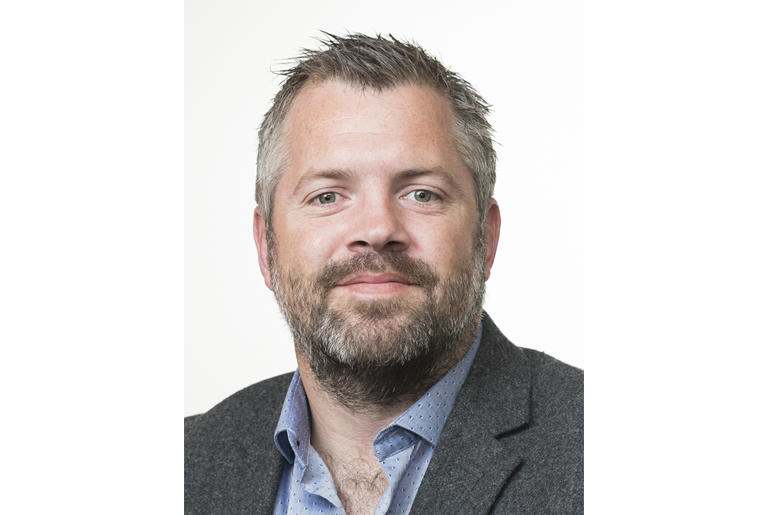Andy Walsh gave up a 17 year career in law enforcement to become a management consultant with BAE Systems Applied Intelligence. Five years in, how has this former detective with Surrey Police been getting along?
I’ve just passed my five year anniversary as a management consultant. It’s an opportunity to pause and reflect, consider and review. But one thing’s for sure – it’s certainly offered me the variety of challenges I was hoping for.
My previous role had been as a detective with Surrey Police. My 17-year career in law enforcement was exciting, challenging and rewarding but it was time for a change. I wanted to continue to develop and challenge myself – and that’s when I decided to seek to open a new chapter by finding out if I could successfully transition into consulting.
Stepping into consultancy
I wasn’t coming in totally fresh. I knew I could redeploy my skills and experience in stakeholder management, project management, analysis and investigation, presentation and briefing. And I had a feeling my subject matter expertise in law enforcement would come in handy too. So what have I done in the last five years to add to these transferable skills and leverage them to greater effect? How can I add more value to customers now than I could have done previously?
The concept of being a “T-shaped Consultant” has been terminology that has been used since the 1980s apparently. This is the idea is that you have broad knowledge stretching over many fields and then deep knowledge in one (or more) field(s). A T-shaped consultant knows a little about a lot and then has one (or more) areas where he/she knows a LOT.
A less familiar term used in recruitment, one which may be a better description of what we should be aiming for, is being “H-shaped”. The vertical bars on the letter H represent the depth of related skills and expertise in a single field or discipline, whereas the horizontal bar is the ability to combine those two disciplines to create value in a way that was hitherto unknown.
Regardless of these monikers what are we really talking about here? And how does this apply to my five year consulting career?
Going for breadth and depth
What I am talking about is BREADTH and DEPTH of knowledge – these are the B and D of being a management consultant. And this is how I can add more value to my customers now than ever before.
When I first joined BAE Systems Applied Intelligence I anticipated that I would only work on law enforcement projects because of my background and experience. But this has not been the case – anything but.
However, I have continued to stay abreast of developments across law enforcement, and to maintain my professional network with former colleagues and other experts in the arena. And within BAE Systems I have ensured that my professional network know who I am, where my expertise lies and that they can tap into this as and when they need to. After all, this is a big part of why the business recruited me and I see it as a personal responsibility.
So is this the only way I can add the D for Depth of knowledge to our projects? Of course not. Learning from colleagues within project delivery, and via internal courses, I now have expertise in business architecture which I am formalising by studying towards an external TOGAF qualification.
The reason I now have the B for Breadth is entirely because I have not worked exclusively on law enforcement projects. I have also led IT training delivery, provided strategic advisory consultancy to a C-suite executive, and implemented a new operating model for the IT function at a large, central government department. I have also developed and delivered internal cyber training, and provided infrastructure, technology, innovation and experimentation consulting for a client in the Defence sector.
Lessons learned
And now, I am serving as a service delivery manager for a business critical data platform, leading the development of sales learning materials for the management consulting capability of which I am a part.
The important thing is to embrace the variety of roles that, as a management consultant, we get the opportunity to perform. We can challenge ourselves and experience great variety in our roles. Recognise how these roles complement one another, give you the opportunity to develop breadth in areas you are particularly interested in and leverage the knowledge from one into another – this is how we can truly deliver value to our clients and successful delivery as a business.
About the author
Andy Walsh is a Principal Business Consultant at BAE Systems Applied Intelligence

